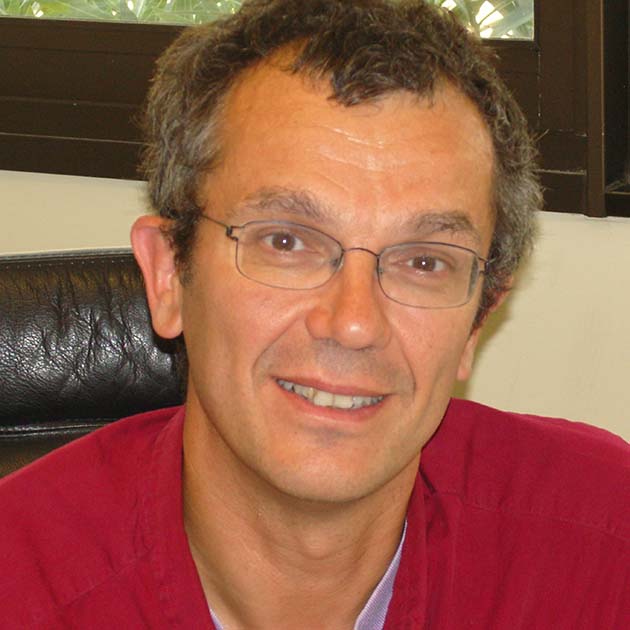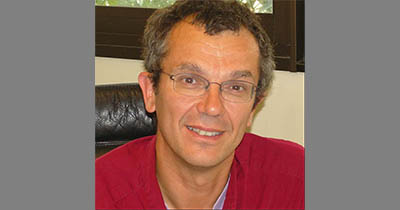Équipe de recherche :Research Team:
Interaction, Technologie, Activité (Interact)Interact (Sociology Psychology Ergonomics)
Laboratoire :Laboratory:
Institut Interdisciplinaire de l’Innovation (i3)Interdisciplinary Institute of Innovation (i3)
Département :Department:
Sciences Économiques et Sociales (SES)Economics and Social Sciences (SES)
Christian Licoppe is a French social scientist. Initially trained as an engineer (Ecole Polytechnique) and a condensed matter physicist, he then moved to the social sciences, first history of science, and then the sociology of digital technologies.
Research themes :
Trained in history and sociology of science and technology, Christian Licoppe is interested in conversation analysis and multimodal interaction analysis, and more generally ethnographic studies of multi-participant interaction in mobile and institutional settings. He has developed an extensive research program on the use of mobile communication on the move, linking communication and mobility studies. In the course of this research program, he has shown how mobile communication supports forms of “connected presence” and how location aware mobile technologies and the way they promote fleeting encounters between “pseudonymous strangers” (who unlike the strangers of urban anthropology, may never have met may still know something about one another through mobile digital technologies). It also led him to studies of the organization of message-based conversations in mobile dating, as a particular instance of such encounters, marked by a continuous tension between distance and intimacy. He has developed several research programs on video-mediated communication, showing how the “talking heads” configuration accounted for the observable order of video-mediated conversations, and the ensuing importance of “camera actions” in video-mediated communication. One of these programs involved the long-term study of the introduction of video links in French criminal courts, leading to in depth understandings of courtroom interaction in mediated settings. An extension of this research in asylum proceedings branched into interpreting studies and analyses of the interpreter’s agency in multilingual courtroom proceedings. His interest in VMC-mediated settings, from Skype interpersonal communication to live video streams led to the study of ostensive practices, and the tension between seeing and telling in human interaction. He is currently developing new research projects on human-robot interaction, and on the introduction of IA in judicial decisions.

La lettre Ideas : IA industrielle - Batteries réemployées
— 10/02/2025Et aussi : IA souveraine, éthique et durable - Interaction humain machine à l'ère de ChatGPT
[Ideas] Human-machine interaction in ChatGPT era
PhD, Data Science & AI, Design interaction perception — 20/12/2024Damien Rudaz: Are robots emerging as social agents?
[Ideas] Les interactions humain-machine à l'ère de ChatGPT
PhD, Data Science & AI, Design interaction perception — 19/12/2024Damien Rudaz : les robots émergent-ils en tant qu'agents sociaux ?
IA au tribunal et « justice prédictive » (Conversation)
Digital Trust, Faculty Members — 18/11/2024Christian Licoppe : introduire des "legal AI techs" au tribunal n’est pas si simple ; les magistrats les [...]
"Top 2%": our faculty members among them
Faculty Members — 26/09/2024This ranking of excellence drawn up by Stanford features more than 210,000 researchers out of more than 8 million active scientists [...]
«Top 2%» : nos enseignants-chercheurs en font partie
Faculty Members — 24/09/2024Ce classement établi par Stanford présente 210000 chercheurs, soit 2,5% des 8 M de scientifiques actifs dans le monde.
Le bracelet électronique : action publique, pénalité et connectivité
Digital Trust, Faculty Members — 11/12/2019Depuis une trentaine d’années, le bracelet électronique a conquis une cinquantaine de pays [...]




